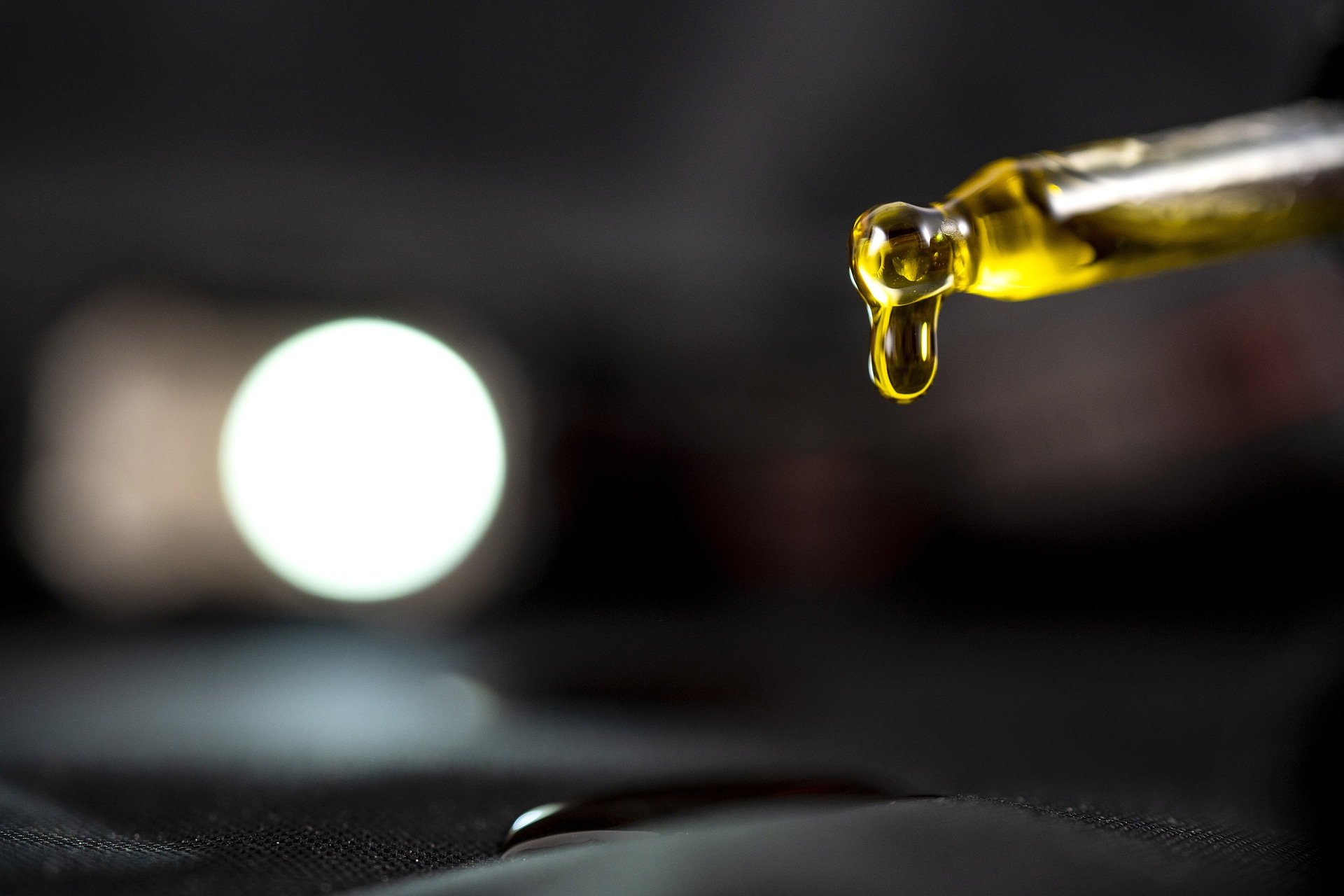Why Is CBD Third-Party Testing Important?
You reach for that sleek bottle off the shelf, its label boasting ‘third-party tested’ in bold, promising safety and quality. Yet, somewhere in the back of your mind, a nagging question arises: “Can I trust what’s on the label?”
In an industry burgeoning with options, it’s not just about finding a CBD product—it’s about finding one you can count on. Consumers are bombarded with choices, and amidst flashy ads and bold claims, it’s increasingly challenging to sift fact from fiction, quality from clever marketing.
This isn’t just about making an informed purchase; it’s about the peace of mind that comes with knowing what you’re putting into your body is as pure and safe as the advertisements claim. Let’s pull back the curtain on what ‘third-party tested’ really means and why, when it comes to CBD, this little phrase is more than just a buzzword—it’s your best bet for ensuring you’re making a choice you can feel confident about.
What Does CBD Third-Party Testing Involve?
When you see “third party tested” or “certified CBD testing by ACS Lab” on a CBD product, you’re looking at a silent nod from an unbiased onlooker affirming that the product in your hand checks out.
This isn’t just a rubber stamp of approval. It’s a meticulous, multi-stage process where independent labs like ACS Lab take charge, ensuring what you’re buying is precisely what the label promises—no more, no less.
But what exactly is going on behind the scenes?
Selection
Third-party CBD testing starts with a critical step: selection. A single sample is chosen, seemingly at random, but with a heavy responsibility – it represents the integrity of an entire batch.
Testing
Once selected, the sample enters the testing phase. Here, the testing facility conduct a series of tests to ascertain product safety and potency, Here are the main CBD tests conducted:
Cannabinoid Profiling: This test quantifies the cannabinoids present, ensuring the product contains legal levels of THC and the advertised amount of CBD. Beyond what’s not supposed to be there, this test confirms that the product’s potency matches what’s on the label.
Terpene profiling: Often unsung heroes of the cannabis plant, terpenes are compounds that provide the distinctive aromas and flavors. But their role extends beyond sensory pleasure; they can influence the therapeutic effects of CBD products. In terpene profiling, the lab identifies and quantifies the terpenes present in a CBD sample.
Purity Checks: The sample is tested for purity, looking for solvents, heavy metals, or other harmful contaminants that could compromise safety.
Microbial Screening: Scientists search for microorganisms that could spoil the product or harm the user, like bacteria, mold, or fungi.
Pesticide Analysis: The presence of pesticides is a no-go, so this test looks for any traces that might have made their way into the product from cultivation.
Certification
After testing, the sample is issued a Certificate of Analysis (COA). This is a comprehensive report card detailing everything the tests have uncovered.
Quantitative results, such as the precise amounts of cannabinoids and terpenes, are presented, often in both percentages and milligrams.
For the purity section, potential contaminants are listed alongside a ‘Pass’ or ‘Fail’ status, indicating whether the product meets the stringent safety criteria set by regulatory authorities.
4 Reasons Why Third Party Testing is Important
Ensuring Product Safety
Safety isn’t a luxury; it’s a prerequisite. Third-party testing ensures that every drop of CBD oil or speck of CBD powder adheres to safety standards. These tests are designed to detect any harmful substances that might have snuck into the product during cultivation or production.
Think heavy metals from soil, pesticides from cultivation, or residual solvents from extraction—contaminants that you’d never invite into your body. Independent labs meticulously screen for these unwelcome guests, ensuring that what ends up in your hands is as safe as it is effective
Verifying Potency Claims
The CBD industry is teeming with products, each vying for attention with bold numbers and confident claims of strength. But amidst all the jargon and clever marketing, it’s hard for consumers to discern which product contains what it claims.
Third-party testing validates the concentration of CBD as stated on the label. If a product claims to have 500mg of CBD, it must prove it, not just say it.
An independent lab measures the exact amount of CBD, ensuring that the product delivers the therapeutic benefits it promises. This verification process guards against under-dosing, which can render the product useless, or over-dosing, which can lead to unintended effects.
Ensuring Legal Compliance
Different states and countries have varying thresholds for what’s acceptable, especially concerning THC levels. An independent lab ensures that these products don’t just meet the bare minimum but are fully compliant with the law.
This diligence is crucial, as it keeps the doors open for consumers in different jurisdictions to access CBD products without legal repercussions.
For consumers, especially those in professions with stringent drug testing policies, knowing their CBD product is compliant with regulations is non-negotiable. The assurance provided by third-party testing that a product is legal and legitimate gives peace of mind that’s as important as the product’s effects.
Building Consumer Confidence
Consumer confidence is the currency of the CBD market, and third-party testing is a major contributor to its value. When a lab confirms that a product contains no harmful additives and aligns with what’s been advertised, it speaks volumes to the consumer. This level of openness is what turns first-time buyers into loyal customers.
Third-party testing doesn’t just safeguard the individual; it elevates the entire CBD industry. In a space as young and dynamic as the CBD market, benchmarks for quality are critical. When independent labs assess CBD products, they’re not only verifying claims but also setting a precedent for what good looks like. This creates a ripple effect: as more products are held to these rigorous standards, the baseline for quality rises.

